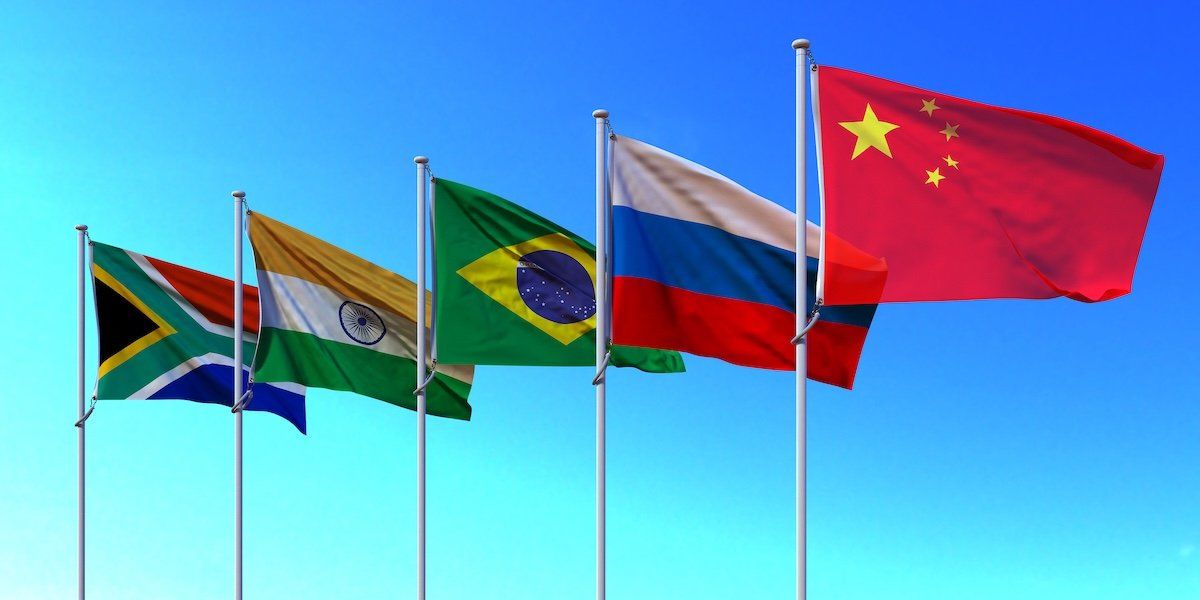Advocates of the BRICS have made this case before – and the return of Donald Trump as US president with the rollout of his trade war on US friends and foes alike has given them new momentum.
But, given their sharply differing political systems and economic models, the BRICS group will never share common views on democracy, free trade, and rule of law as the G7 Group of industrialized countries – the US, the UK, France, Germany, Italy, Japan, and Canada – has done. Nor are their interests aligned. China and India, for example, are more rivals than allies.
This reality will continue to limit the BRICS’ ability and willingness to take on the costs and risks that come with bolstering the international system of security and investment.
In short, Trump’s “America First” foreign and trade policies have created a vacuum in global leadership, but the BRICS remain too internally divided over basic questions to fill it.
